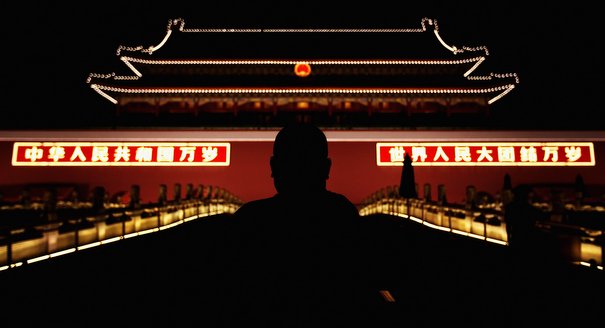Source: International Economy
First it was the 2008 global financial crisis. Then the Arab Spring. Then Brexit. International conventional wisdom always seems unaware of the big changes about to unfold. There are in the present few facts about the future. Ten years ago, for example, who would have predicted surprise developments such as negative interest rates, the potential breakup of the European Union, the Donald Trump/Bernie Sanders effect, drones, the use of driverless cars, the rise of ISIS, the myriad uses of artificial intelligence and big data, U.S. energy independence, the emergence of the Zika virus, or the rate at which robots are taking away jobs. TIE asked more than fifty top thinkers to look ahead ten years at what outside-the-box developments could shock the world.
China by default will gain a greater Asian role.
The United States is demonstrating a strong trend toward diminished global and regional leadership. This is being accelerated by the dissolution of familiar sources of political and institutional stability in key corners of the world, often unwittingly abetted by U.S. decisions.
In Asia, this means a much greater role for China, by default, in the affairs of its neighbors, well before China has cultivated the habits of mind and behavior appropriate to that role and well before its neighbors will be ready to accept it. Messianic terrorism is not in the Asian cards, but localized conflicts, mass migrations, and social and economic instability are. These could feed off the still-strong cultural differences among Asian nations and the region’s traditional resistance to integrative institutions.
This will be sad and completely unnecessary, as Asians still and long will welcome an intelligently executed U.S. balancing function against the influence of China. It will be due to the failure of the American political class to reshape itself, rejuvenate the economy, prioritize defense spending, and organize and implement an effective grand strategy for the new era. Of course, Americans still have the option of pulling together to prevent all this from happening.
This article was originally published in the International Economy.







